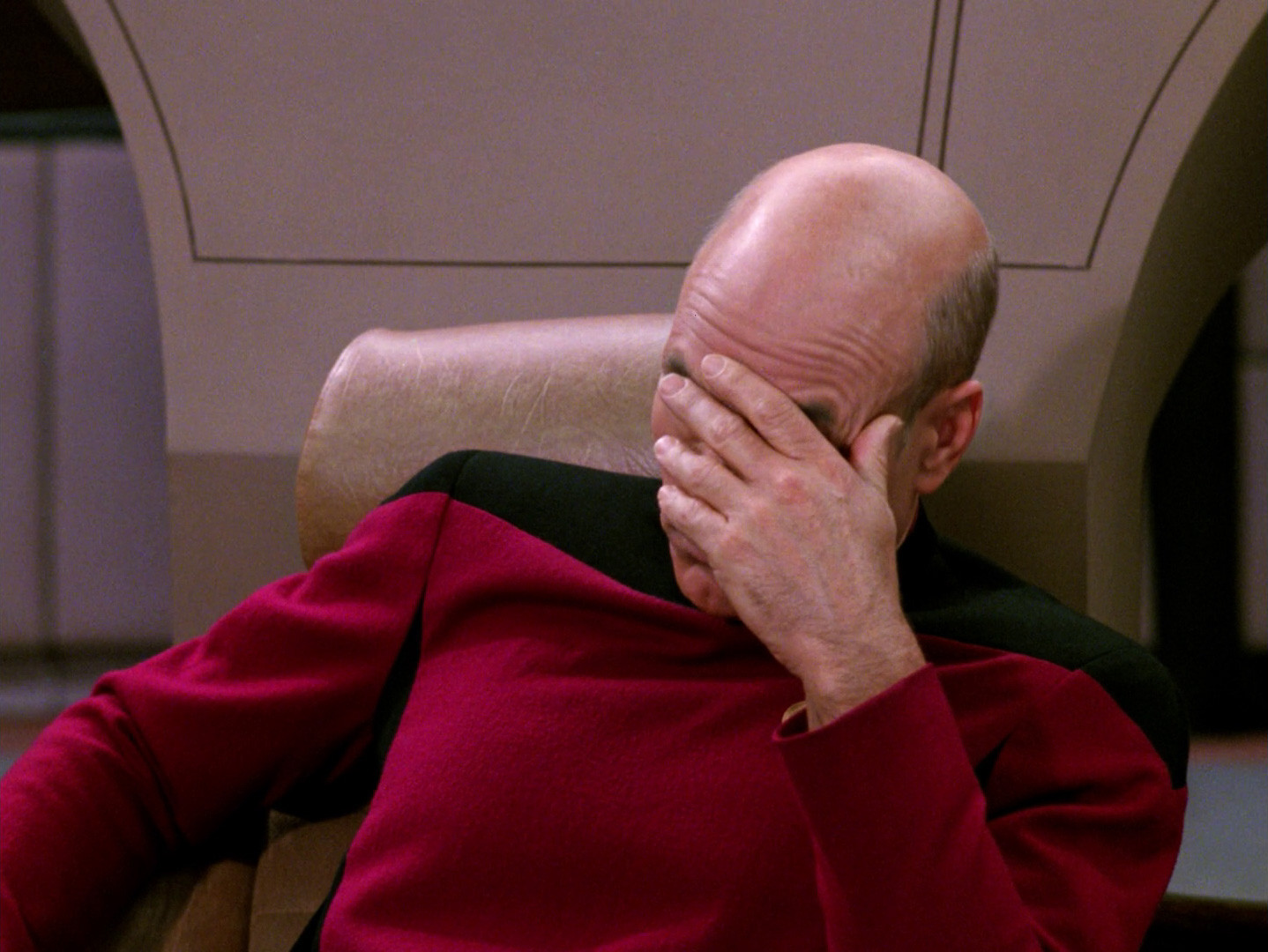Unless one is oneself an expert in the field in question, one has no way of knowing who actually is - except for formal credentials. Cicero said that he was better able to convince a patient of a wrong diagnosis, than a doctor a correct one. This is because whereas the doctor was an expert in medicine, Cicero was an expert in rhetoric. After all, what criteria does a lay person use? He goes by what sounds reasonable - failing to realise he is in no position to judge. The smartest thing a lay person can do is to go with the mainstream - in this case, medical professionals.Your judgement and " do the work, damnit!" The poster's "track record" is a reasonable start. Having some analytical skills will obviously help. Check advice, which seems plausible, against other sources you trust. Do a bit of sleuthing. All sorts of ways to verify what your hear or read. A poster who asserts "everybody" does such and such is obviously suspect. Same for "all/every doctor(s)/lawyer(s)/cop(s)/teenager(s)/teacher(s)/20 year old(s)/politician(s)/Generation (your choice) and etc. on infinitum.
It's a damned good question, especially since very few of the members actually know other members on a personal basis, long term. It's why I put in a bit of background and only what I've experienced. But, no one here actually knows me personally. All another member has to base his opinion on is what I've previously posted.
The thing about doing one's own research as a lay person is that you find corroborating "evidence" for anything out there. And as a lay person, one will always be inclined to believe whatever source which will support one's preconceived views. If you're an optimist and you want to believe sugar isn't as bad as all that, there are articles out there for you. If you're a pessimist and you want to confirm your worst fears, you'll find enough to make you think you've got only weeks to live. Leave the diagnoses to the doctors.













 I'm pretty sure your "mainstream" and mine differ substantially. But, as I'm prone to write, perhaps too often, your set of beliefs is your reality. Just as mine are.
I'm pretty sure your "mainstream" and mine differ substantially. But, as I'm prone to write, perhaps too often, your set of beliefs is your reality. Just as mine are.